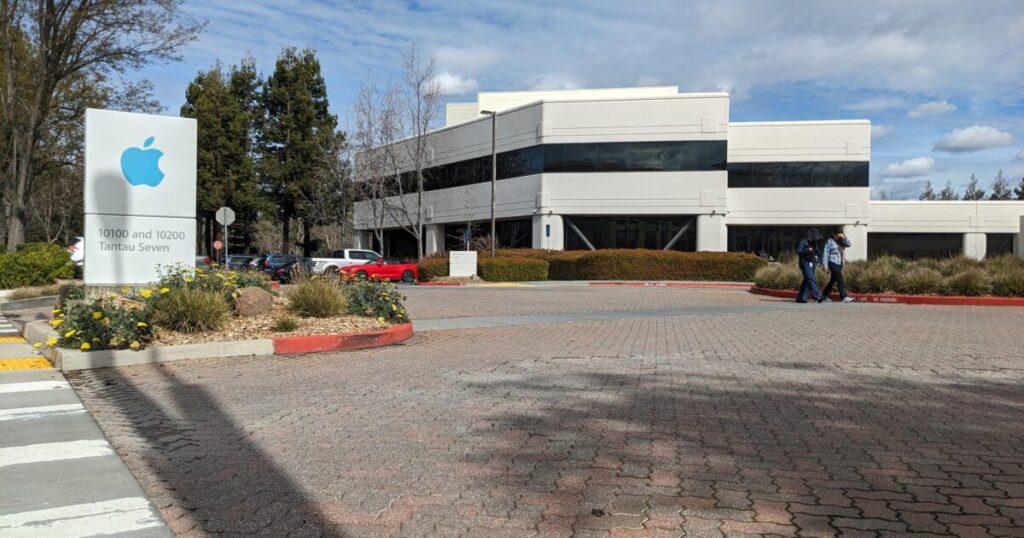California is facing a grim reality as its state budget deficit is projected to reach a staggering $73 billion next fiscal year.
Governor Gavin Newsom's proposed 2024-25 budget includes steep cuts to education, health care, and human services, making California's looming budget crisis potentially devastating for the millions of people who rely on these vital social services.
But as California braces for new austerity measures, lawmakers should not overlook a vital source of funding for the state's social safety net: its booming tech sector.
According to a new study from my organization, the Chamber of Progress, tech executives, employees and companies contribute more than $20 billion annually to state coffers, particularly through employee income taxes and stock grants. Our research also shows that state revenues from tech taxes have increased by $2.6 billion annually.
For comparison, California's alcoholic beverage tax generates about $450 million in revenue each year. Tolls on all the bridges in the Bay Area bring in about $750 million in revenue each year. These revenue sources combined don't come close to meeting the tech industry's marginal annual growth rate.
Our research projects that tech employee and business tax revenues are expected to increase by $14.3 billion annually over the next five years, reaching more than $35 billion by 2030. This would put tech company tax revenues equal to the entire state of California's sales tax revenues.
Technology-generated tax revenues are more than just dollars on a spreadsheet: These funds enable state governments to provide vital public services and hire public sector workers.
Our analysis finds that rising technology tax revenues are injecting enough funds into California's education system to create 7,341 new teacher positions each year — more than six times the entire teacher population of the San Jose Unified School District.
Over the next five years, increased tax revenues from the tech sector could create 40,000 new teaching jobs, improving teacher-to-student ratios in a state facing one of the worst teacher shortages in the nation. If these new jobs were distributed statewide based on student population, the San Jose Unified School District is expected to add 177 teachers, all supported by increased tax revenues from the tech sector.
California's health care system is receiving an additional $614 million annually from increased technology tax revenues, supporting the employment of approximately 15,000 health care workers each year. This funding will strengthen programs like Medi-Cal, which serves 14 million Californians, and improve access to behavioral health services and crisis response for vulnerable communities.
At-risk families and foster children are just a small portion of the citizens who rely on humanitarian programs across the state. Increased tax revenue generated by technology contributes an additional $270 million annually to California's humanitarian sector, supporting family stabilization programs, foster care and emergency food assistance.
Some in the Bay Area blame the tech industry for exacerbating inequality in California, but the truth is the opposite: Progressive taxes on tech workers help fund our schools, hospitals, and homeless shelters. And when the tech industry is doing well, as measured by rising stock prices, the state collects even more tax revenue.
California policymakers should foster growth in the technology sector to ensure the future of the state's social security net.
With new proposals under consideration this year that could drive innovation out of the state, such as restrictions on artificial intelligence start-ups, state lawmakers should carefully consider how California's growing tech industry can bolster its revenue streams and work to create a regulatory framework that fosters innovation.
Adam Kovacevich is the founder of the Chamber of Progress, a center-left tech industry coalition that has worked at the intersection of technology and politics for two decades, leading public policy at Google and Lime and serving as a Democratic congressional aide.

